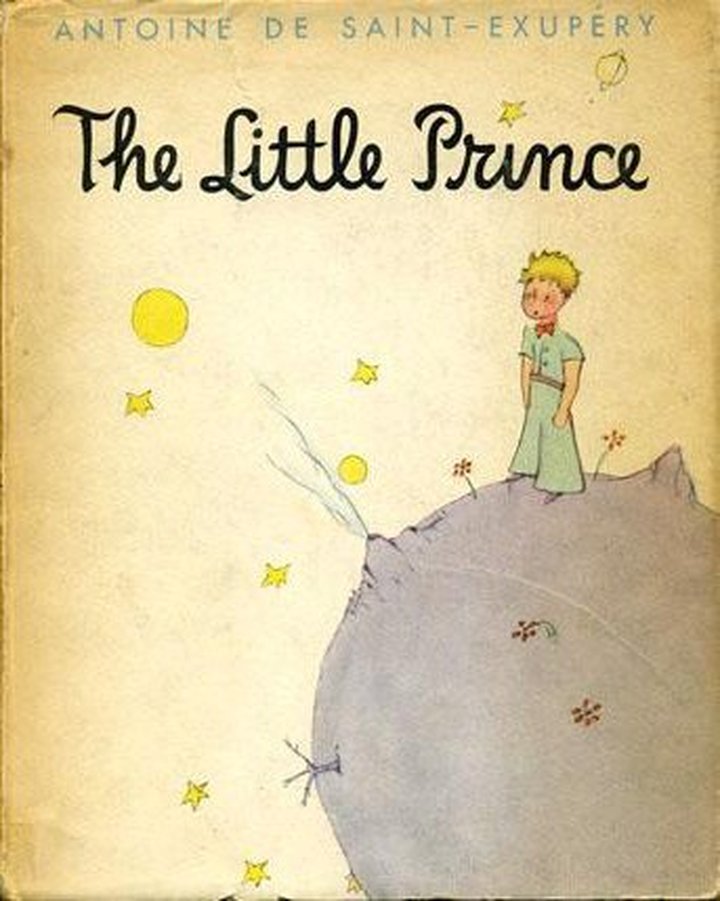Each
of us is a little mad…everyone is lonely at the bottom and cries to
be understood…
— Richard Bach
Years ago, in somewhat incongruous circumstances, I was invited to share a Life Problem with a roomful of strangers. “I’ve been lonely all my life,” I told the group, feeling I was baring my soul. “But that’s not a problem now—it once was, but I’ve come to accept it. The problem is the shame I feel about being lonely.”
It’s odd, isn’t it? I think we’re more likely to admit to being dependent on drugs, or fearful of flying, or having an occasional tendency to shoplift, than we are to admit to the stigma of loneliness. To say I’m lonely is practically confessing that I have no friends, that I’m unworthy, deficient, my life is sub-par. I remember asking my mother, a widow for several years before she died, if she was ever lonely after my dad’s death. “Lonely? Me? Never!” She would, I think, have confessed to murder before admitting to loneliness.
Yet aren’t we all, as Richard Bach has it, “lonely at the bottom”? Born alone, we die alone, we have private, perhaps unspeakable thoughts and desires alone. We lie awake at night ruminating alone, we feel shame and regret alone, even if we have a loving, sympathetic partner. Hence loneliness. Loneliness is part and parcel of what it is to be human. (Or canine. But not feline.)
For good reason, according to the post hoc reasoning of evolutionary psychologists. We have these emotions now because of their survival value then. Guilt, for instance, keeps us honest, thereby ensuring that the rest of the tribe trusts us. Vengeance makes sure that we shun self-interested, miserly fellows. Fear keeps us alert for sabertooth tigers lurking in the undergrowth. And loneliness? Loneliness, goes the thinking, is nature’s way of keeping us within the tribe, protecting us from isolation. It’s a survival tactic: loners don’t flourish (and reproduce), social beings do.

This painting titled “Solitude” by Jean-Jacques Henner (1829-1905) illustrates Wikipedia’s entry on “Loneliness,” thereby adding to the confusion between being alone and being lonely. (Public domain)
This train of thought got rolling down the rails this morning while reading a note to my wife from a wise friend. Ruminating on her life in a care home at age 88, she wrote, “I don’t have it all figured out, though, still feel lonely at odd times—but that is easily remedied if I just reach out. No, my loner-ism is a life trait, and the fact that that sometimes means loneliness is not easily solved.”
My cavalier reaction was, What’s the problem that needs solving? “I’m all in favor of loneliness,” I told Louisa. “I’m at my most creative then.” Loneliness inspires, prompts, goads me into action, gets the juices flowing, acts as an antidote against complacency. “I don’t think that’s what she was talking about,” Louisa said.
She’s right of course. (Wives usually are.) While “transient loneliness” is part of life—we’re social beings—her friend was referring to its chronic, dangerous cousin. In a recent issue, a TIME magazine headline ominously grabbed readers’ attention with, “Why Loneliness May Be the Next Big Public-Health Issue.” Citing a 2015 study by Brigham Young University researchers, the article claimed that chronic loneliness can be life-threatening. It causes high blood pressure, high cholesterol, obesity; increases the risk of heart attacks and strokes; lowers immune system functioning. (It “increases the risk of death by 26%”—which may come as a shock to those of us who thought the risk of death was 100%.)
Such is evolution’s multi-million-year Goldilocks gift to us. A little loneliness is OK, useful even, in the guise of “fertile solitude.” Too much, though, and we suffer, get sick, die even. I think of migrants far from their families, stay-at-home mothers, seniors living alone, disconnected veterans…and realize I don’t know the first thing about chronic, debilitating loneliness. (What am I doing writing about it?)

“Loneliness” by Hans Thoma 1839-1924 (Public domain)
Louisa and I have, on occasion, discussed this with single friends, who uniformly believe that being in a relationship—especially a healthy long-term coupledom like ours—immunizes us against loneliness. (The corollary was immortalized by Three Dog Night: One is the loneliest number that you’ll ever do.) Like feeling desperately alone at a party while everyone else is joyously mingling and laughing, I can report that not only does loneliness go with the territory of living with a partner, but it can be shamefully worse: now I have no excuse for it, according to conventional wisdom, because I’m not alone.
I can’t end this without quoting from Antoine de Saint-Exupéry’s The Little Prince, a small masterpiece on the subject of loneliness. “‘Where are the people?’ resumed the little prince at last. ‘It’s a little lonely in the desert…’ ‘It is lonely when you’re among people, too,’ said the snake.”

CLICK TO MANAGE